On Thursday, Russian opposition leader Alexei Navalny became ill while on a plane from Tomsk to Moscow.
According to his press secretary Kira Yarmysh, Mr Navalny said he was not feeling well, went to the toilet and lost consciousness.
The plane made an emergency landing and he was taken to the hospital in Siberia where he rested in a coma, supported by a ventilator. Navalny has since been taken to Germany for treatment in Berlin.
Before boarding the plane, Mr Navalny drank black tea at Tomsk airport, which Ms Yarmysh suspects was laced with poison. Doctors who initially treated the 44-year-old said there was no evidence he was poisoned, but German doctors now say it is likely Navalny was poisoned with military-grade nerve agents.
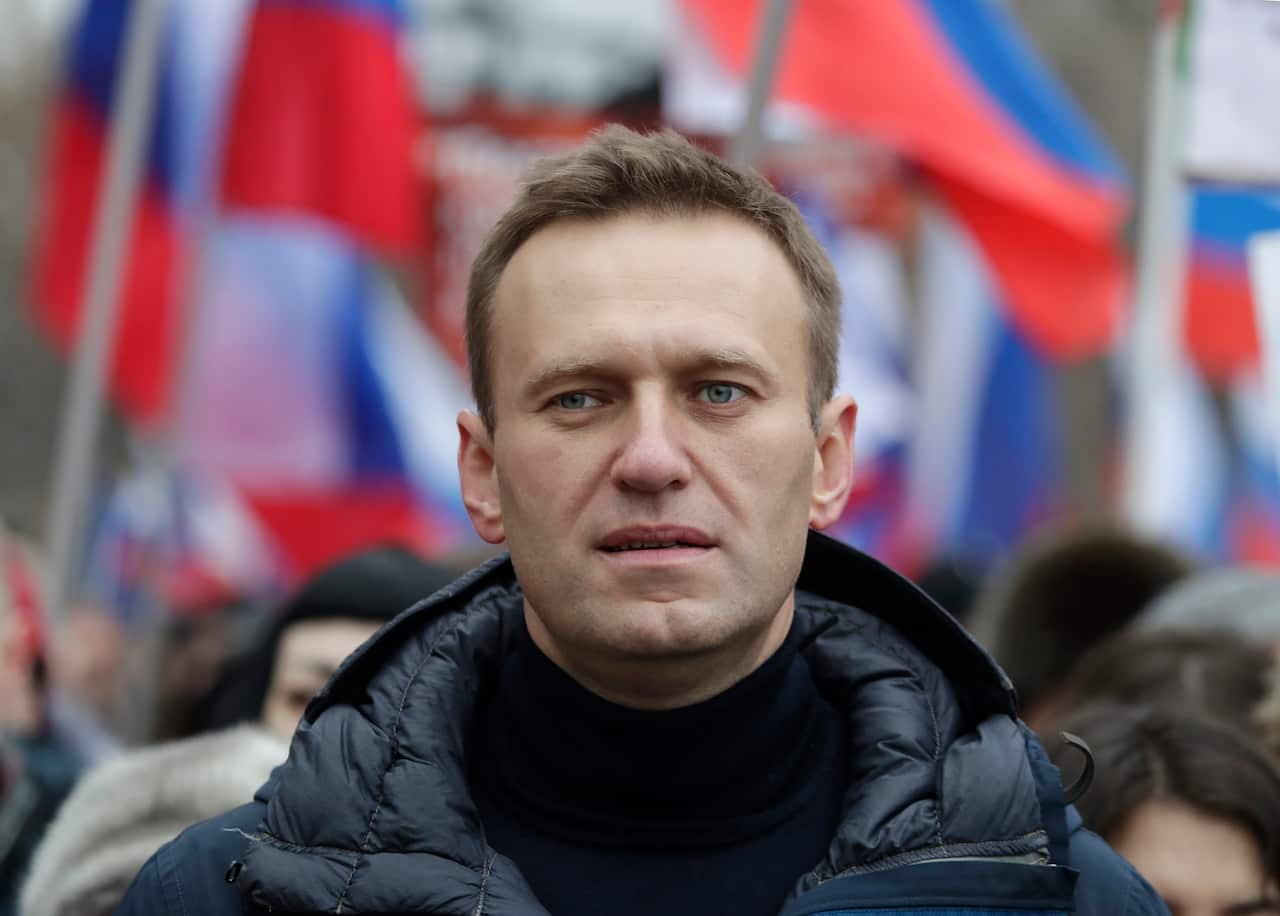
A former member of the Russian state assembly, the Duma and opposition politician, Dmitry Gudkov points the finger at Russian special forces.
“The handwriting is painfully familiar to us already. The same thing happened with Verzilov, with Volodya Kara-Murza twice, exactly the same symptoms. Exactly the same reaction of the authorities, it is no different at all.
"Before that, Politkovskaya, Shchekochikhin, and Skripal. That is, the poison, which, as a rule, is used by the special forces," he told Radio Liberty.
Russia-watcher and Associate Professor Alexey Muraviev of Curtin University told SBS Russian that the international community generally believes the Russian government uses poison to silence its critics.
"Due to the fact that all known poisonings have become serious media events and there were a lot of comments and opinions on these events, the world community formed an opinion that this is one of the tactics that the Russian authorities are currently using to eliminate politicians they dislike, as well as odious figures who can pose some kind of danger to the current Russian government."
It's a story that has repeated itself many times in the last few years, with intelligence officers, politicians, journalists and activists the targets of suspected poisoning.
Yuri Shchekochikhin
An investigative journalist with Russian newspaper Novaya Gazeta, Yuri Shchekochikhin was on a business trip 200 kilometres from Moscow when he suddenly fell sick with flu-like symptoms. According to Novaya Gazeta reports, he returned to Moscow with fever, sore throat, body aches and a burning sensation all over his body.
Though doctors diagnosed him with an acute respiratory viral infection, his health rapidly declined over the next few days, with his organs failing one by one, his skin peeling off and his body and hair falling off. He remained in the hospital for 12 days before he died on July 3, 2003. A request for a murder investigation into his death was denied citing a lack of evidence of foul play.

That same month, Mr Shchekochikhin was supposed to receive documents in the ‘Bank of New York’ case, relating to alleged money laundering by government officials.
He was a vocal critic of the forceful special operation during the 2002 hostage situation at Moscow's Nord-Ost siege of the Dubrovka Theatre. He conducted anti-corruption investigations, studied the FSB's connections with criminal groups, investigated the ‘Three Whales case’ about a flow of undocumented products entering Russia under the cover of FSB generals, including furniture, food, clothes and drugs. The case led to the resignation of the deputy director of the FSB, the defence minister and the prosecutor general.
The newspaper that Shchekochikhin worked for later reported, quoting a "high-ranking officer", that the journalist was struck by a poison developed in a lab in Russia.
“This poison was used to destroy the leaders of gangs. It was developed in a laboratory near St Petersburg on the basis of organic compounds. The clinical nature of the effects of exposure coincides with the symptoms of Shchekochikhin's disease. Some of the doses of this poison were 'lost' in 2001-2002, for which some operatives were punished."
Anna Politkovskaya
During the 2004 Beslan hostage siege, Novaya Gazeta journalist, Anna Politkovskaya, decided to go to the place of the attack to engage Aslan Maskhadov, the president of the self-proclaimed Ichkeria, in negotiations.
Ms Politkovskaya, a fierce critic of Russia's war in Chechnya, refused food while on the plane and drank only tea. A few minutes later, she became ill, and after landing in Rostov-on-Don, she was urgently hospitalised in a serious condition. Her blood pressure dropped. A day later she was transferred to a Moscow hospital.
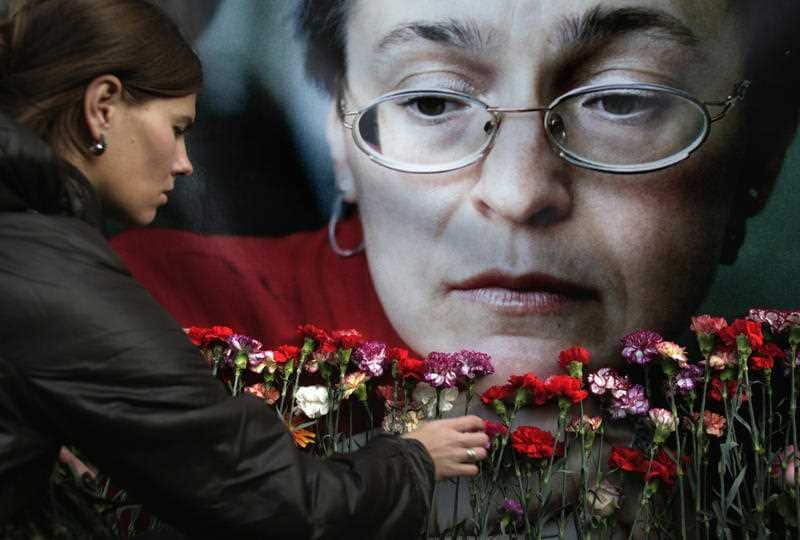
According to ‘Novaya Gazeta’, the test tubes in which her blood was taken for analysis broke during transportation, and it was no longer possible to determine the toxin. She survived, but no investigation was conducted.
The internationally renowned journalist was shot dead in the elevator of her apartment block in 2006. Five men were convicted in 2014 in relation to the murder but the investigation did not uncover who ordered her killing.
Alexander Litvinenko
On November 23, 2006, Alexander Litvinenko, a former intelligence operative and lieutenant colonel of the Soviet and Russian state security forces, died in London as a result of poisoning with polonium-210, an extremely rare and difficult to detect radioactive substance.
Mr Litvinenko felt unwell on November 1, 2016. On that day he had met with Italian lawyer Mario Scaramella, a former consultant with the Italian parliamentary commission that investigated the activities of the Soviet special services in Italy during the Cold War.
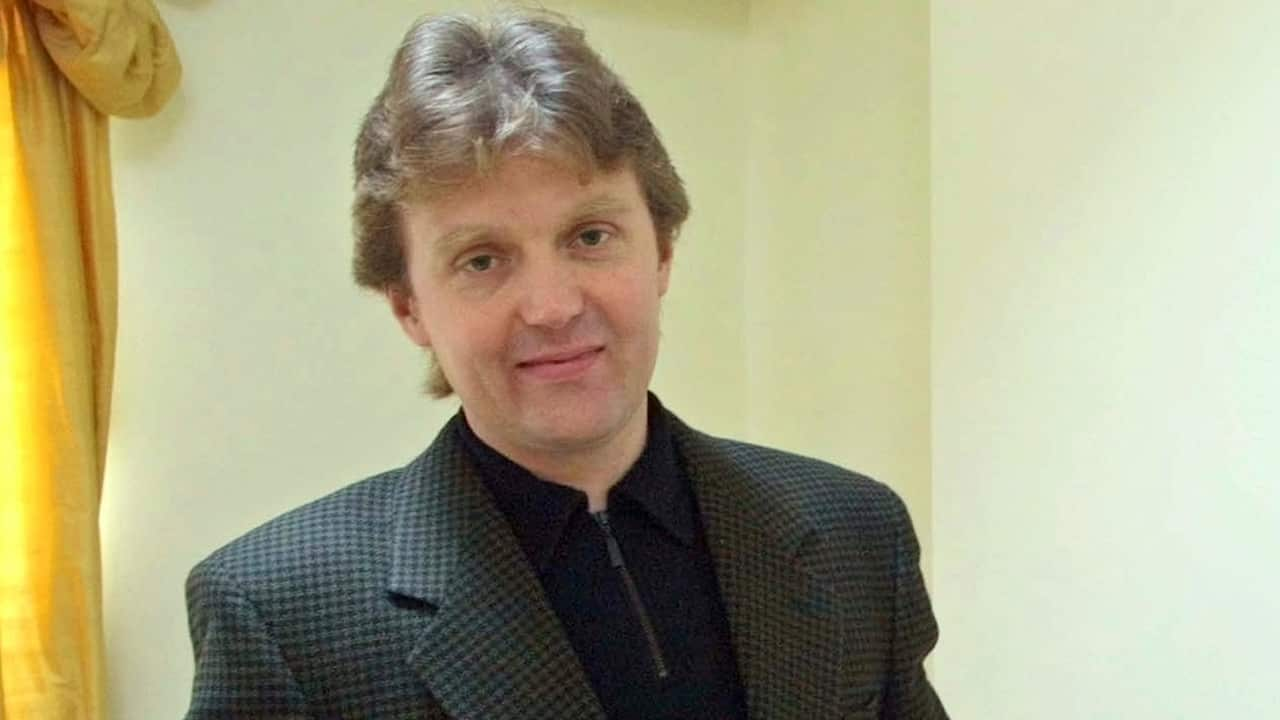
According to Mr Scaramella, he gave Mr Litvinenko material about "a group of killers from St Petersburg" who had allegedly killed journalist Anna Politkovskaya and were planning to eliminate both of them as well.
After the meeting, Mr Litvinenko - a fierce critic of Russian President Vladimir Putin - met with former agents Andrei Lugovoi and Dmitri Kovtun.
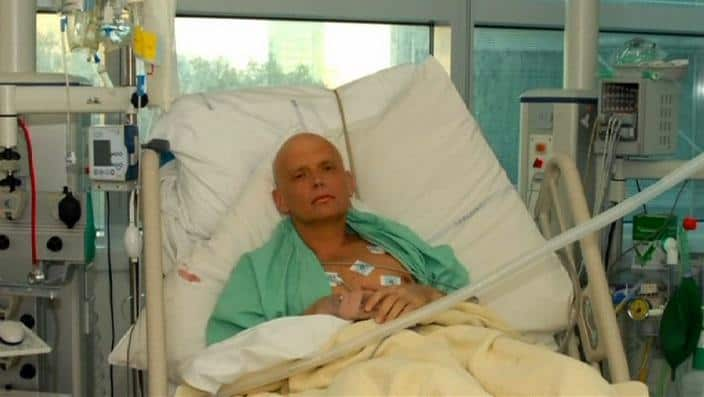
According to Scotland Yard, Mr Litvinenko drank tea with both of them at the hotel and fell ill soon afterwards and spent the night vomiting.
Three days later, he was admitted to the hospital where his health gradually deteriorated. He died six days after being transferred to University College Hospital in London.
His widow said he blamed Vladimir Putin while laying in his hospital bed for what had happened to him.
Mr Litvinenko moved to London in 2000, after four criminal cases were opened against him, and he was given political asylum. There he collaborated with MI6 and Spanish intelligence.
The High Court of London concluded the case in 2016. Judge Robert Owen said the Russian authorities were probably behind the murder. He identified five likely motives for the crime:
- Revenge for the FSB for accusations of corruption and murder (for example, in the explosion of residential buildings in 1999 in Moscow).
- FSB revenge for betrayal - working for MI6 and possible attempts to recruit Lugovoy.
- Revenge of the Putin administration for Litvinenko's cooperation with the oligarch Boris Berezovsky and the Chechen field commander Akhmed Zakayev.
- Revenge of the Putin administration for accusations of presidential crimes.
- Personal enmity of Vladimir Putin and revenge for public accusations.
Russia denied any involvement in Litvinenko's death.
Vladimir Kara-Murza Jr
Vladimir Kara-Murza Jr, a journalist and coordinator of the ‘Open Russia’ Foundation, was hospitalised twice with suspected poisoning. First on May 26, 2015, when his kidneys, heart and lungs failed and he fell into a coma, from which he later awoke.
According to an examination carried out by French specialists, there was an increased concentration of heavy metals in his body.
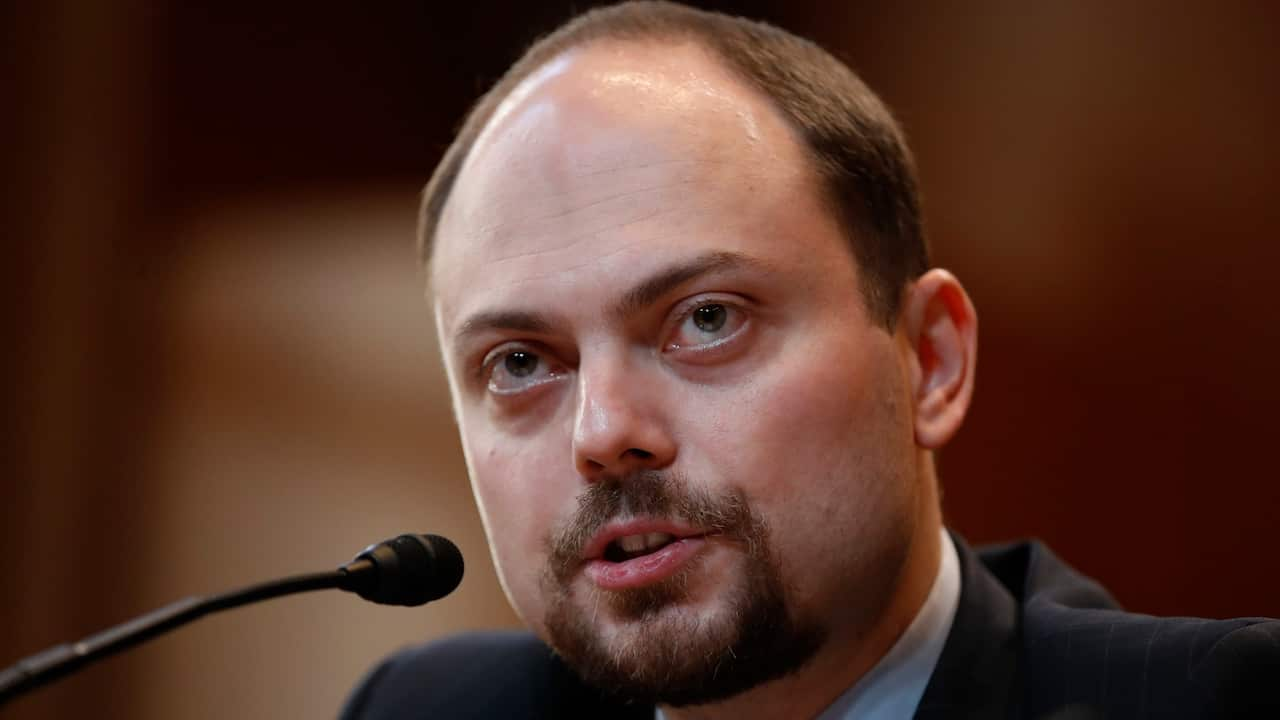
The second time he was hospitalised with similar symptoms in February 2017, and placed in an induced coma.
A request for an investigation into the first incident was denied, and an inspection was ordered based on the results of the second incident. The FBI also tested blood samples that were sent to the lab, but the results were never released.
Sergei and Yulia Skripal
Former Russian military officer and double agent Sergei Skripal and his daughter, Yulia Skripal, were allegedly poisoned on March 4, 2018 in the English city of Salisbury with a Novichok nerve agent.
Mr Skripal, 66, and his 33-year-old daughter were found unconscious at a public bench in Salisbury's town centre.

Investigators claim the Skripals were poisoned at Mr Skripal's home with a high concentration of novichok - a Soviet-era nerve agent - found on the front door handle.
Britain charged two Russian men, Alexander Petrov and Ruslan Bashilov for the poisoning.
The case made headlines across the globe as the British government accused Russia of attempted murder and expelled dozens of Russian diplomats. Russia denied the accusations and said the poisoning was staged by British and US agencies, responding with the expulsion of an equal number of British diplomats.
Mr Skripal, while serving in Russia's intelligence directorate, also worked with British intelligence agencies. He was arrested in Moscow in December 2004 and charged with high treason, receiving a 13-year sentence. He later settled in the UK following a spy swap program.
Pyotr Verzilov
On September 11, 2018, Pyotr Verzilov, a member of the ‘Pussy Riot’ band and the publisher of ‘Mediazona’, was taken to the toxic-intensive care unit of the Moscow hospital in a serious condition, almost losing his sight, speech and movement.
From there he was transported to a German clinic that specialises in treating poisoning cases.
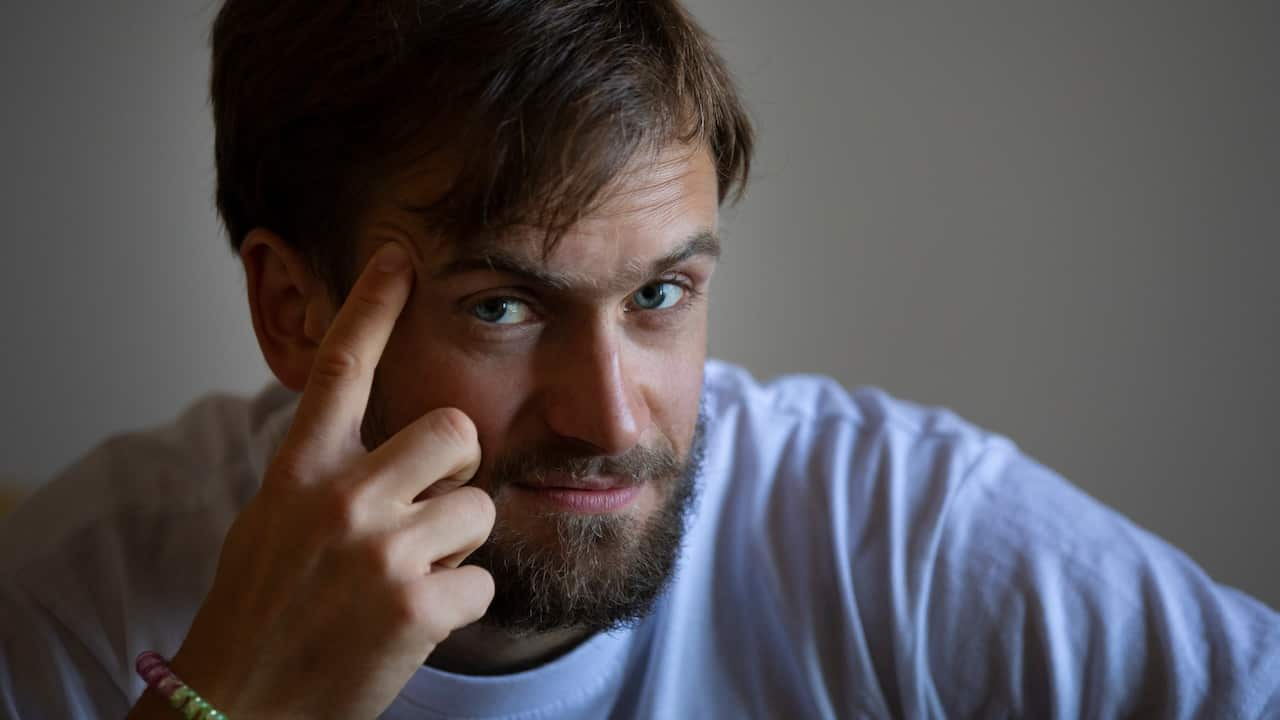
There doctors established that the cause of his serious condition was poisoning but they could not establish the substance.
Verzilov named two possible reasons for the poisoning: the ‘Pussy Riot’ rally during the World Cup final in Moscow where activists ran out onto the field in police uniform, and the investigation into the deaths of Russian journalists Orkhan Dzhemal, Alexander Rastorguev and Kirill Radchenko in the Central African Republic.
On Thursday, Verzilov told TV Rain that his symptoms and the rapid change in his state resembles what is happening to Alexei Navalny.
According to Verzilov, he was between sleep and reality for about a month after his poisoning.
